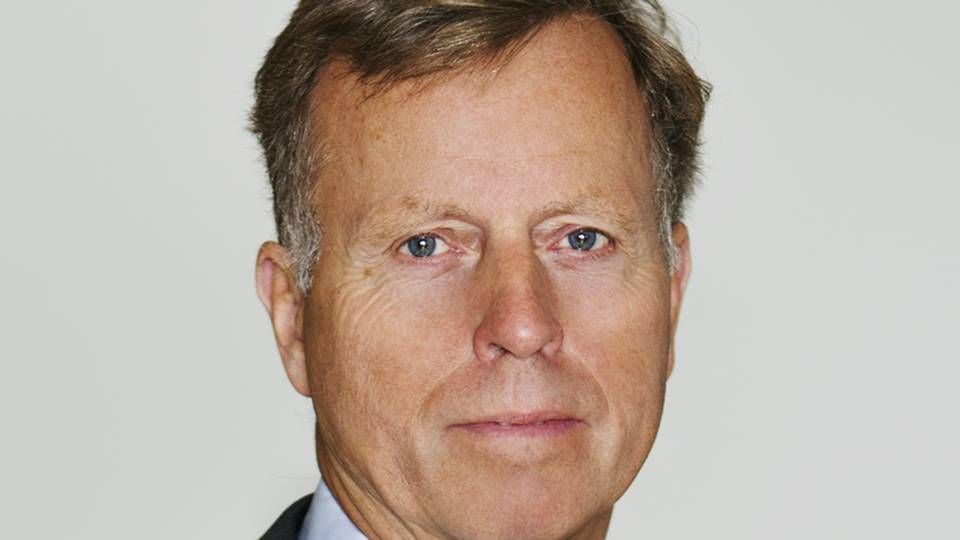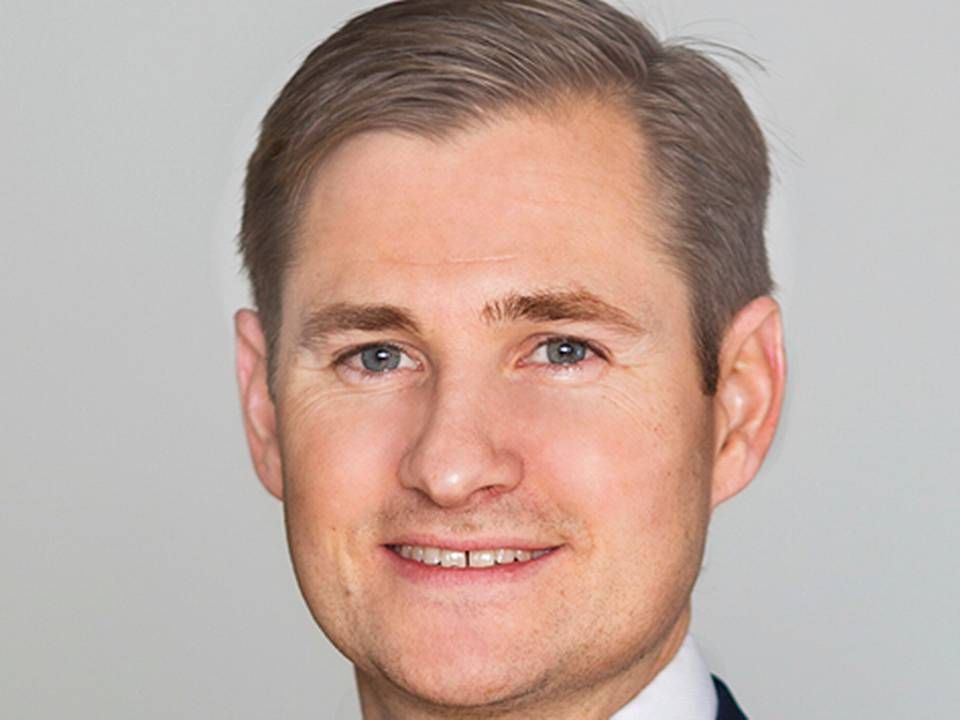Market crash offered a major lesson in psychology, recalls Enter Fonder's founder

Albeit Swedish financial landscape has changed immensely over the past decades, focus is still the core value when running an asset management business, says founding partner of Sweden’s Enter Fonder Sten Lindquist.
For Lindquist, who is today the company's head of equity management, a career in finance was not naturally on the cards, but represented a step away from family tradition.
“I was actually already quite sure that I would not want to study law as both my parents and my grandfather were judges and even my sister studied law," he says. "It is always interesting to talk about the law and legal issues, but for some reason I wanted to go my own way even though back then financial analysts were seen as a group of old men in dark suits,” Lindquist laughs.
Lindquist established Enter Fonder in 1999 with six other partners. He mulled over the decision for nearly 20 years whilst working on asset management at Alfred Berg, commercial pension fund Skandia and public pension fund AP4 since late 1970s.
“At AP4, I was educated by a fantastic team of five, which was the size of the whole institution back then. There I learned a good set of business rules," Lindquist says.
From AP4 Lindquist joined the financial department of Skandia, after which he worked on a startup firm of a colleague from AP4. "We were a small group trying to create something out of nothing. That was a great experience where I learned a lot of different things,” Lindquist says.
During the 1990s Lindquist also invested in Russian stocks in a company launched soon after the collapse of the Soviet Union.
“We spent a lot of time in Moscow, trying to understand the market, and marketed the funds mainly in Sweden in the Nordics and the UK,” Lindquist notes.
Focus as a core value of asset management
The idea to set up a company of his own matured throughout the years, but especially whilst working at Alfred Berg for eight years.
“Although Alfred Berg was a fantastic place to work, as a big company with many divisions, in some departments business goals were quite short-sighted,” Lindquist says. “It had become obvious to me that asset management is a business which requires a more long-term vision – to gain customers’ trust and build a good a company,” he adds.
At Alfred Berg Lindquist managed international, Nordic and Swedish portfolios. "I became more confident that if you want to compete with the best portfolio managers in the market you need to focus instead of doing too many things at the same time. So for the past 20 years I have been focusing on Swedish equities,” Lindquist says.
Everyman's funds - an important milestone
Today, Lindquist names overall deregulation since the 1980s as the most important change on the Swedish investment scene.
“In the late 1970s and early 1980s, Sweden, and I guess most Nordic countries, were very regulated. The exchange rate was fixed, and one couldn’t even buy foreign stocks without Swiss currency, and even with that, the amount was limited,” Lindquist says.
The liberalization of loan restrictions in the mid-1970s and launching of the “allemansfond” – everyman’s fund - in 1984 was the most important change in the modern history of investing in Sweden.
“It was an extremely important milestone. You got tax incentives if you saved in those funds, which were mainly invested in Swedish stocks. That really generated public interest in the financial markets and started to accumulate a lot of capital,” Lindquist notes. Everyman’s funds were tax free until the end of 1990.
The collapse of 1987 and client reactions
From a career perspective, living through the 1987 stock exchange collapse in a large asset management company was a particularly educating experience, Lindquist says.
“I was working at Alfred Berg at the time, and there was no one with the experience that things can really collapse, so it was very interesting to see how clients reacted. It was a fantastic psychology education as well, about how people behave under stress and what kind of things pop up when you are working under such circumstances,” Lindquist remembers.
A strategy worth keeping
Today Enter Fonder currently manages assets worth approximately EUR 1.13 billion across eight funds, invested mainly in Swedish equities and fixed income. Approximately half of the assets belong to institutional investors, including pension funds.
Return for the Enter Select Pro fund, for instance, stood at 35 percent in 2019, and on the average, at 11 percent over the past ten years.
Lindquist notes that Enter Fonder's strategy is to look for good companies at a fair price. The company's portfolios focus on approximately 25 holdings each.
"We base our decisions on our own research, and look for companies with strong market positions, a balance sheet that can support product development and acquisitions, as well as a good management team and owners," he says.
Enter Fonder has recently expanded its team, which now consists of twelve people. "But we still have exactly the same strategy as we had 20 years ago and I think it is really paying off,” Lindquist concludes.
Enter Fonder plans to reform its screening process
Fund manager revamps small cap portfolio as challenging market environment offers new opportunities















